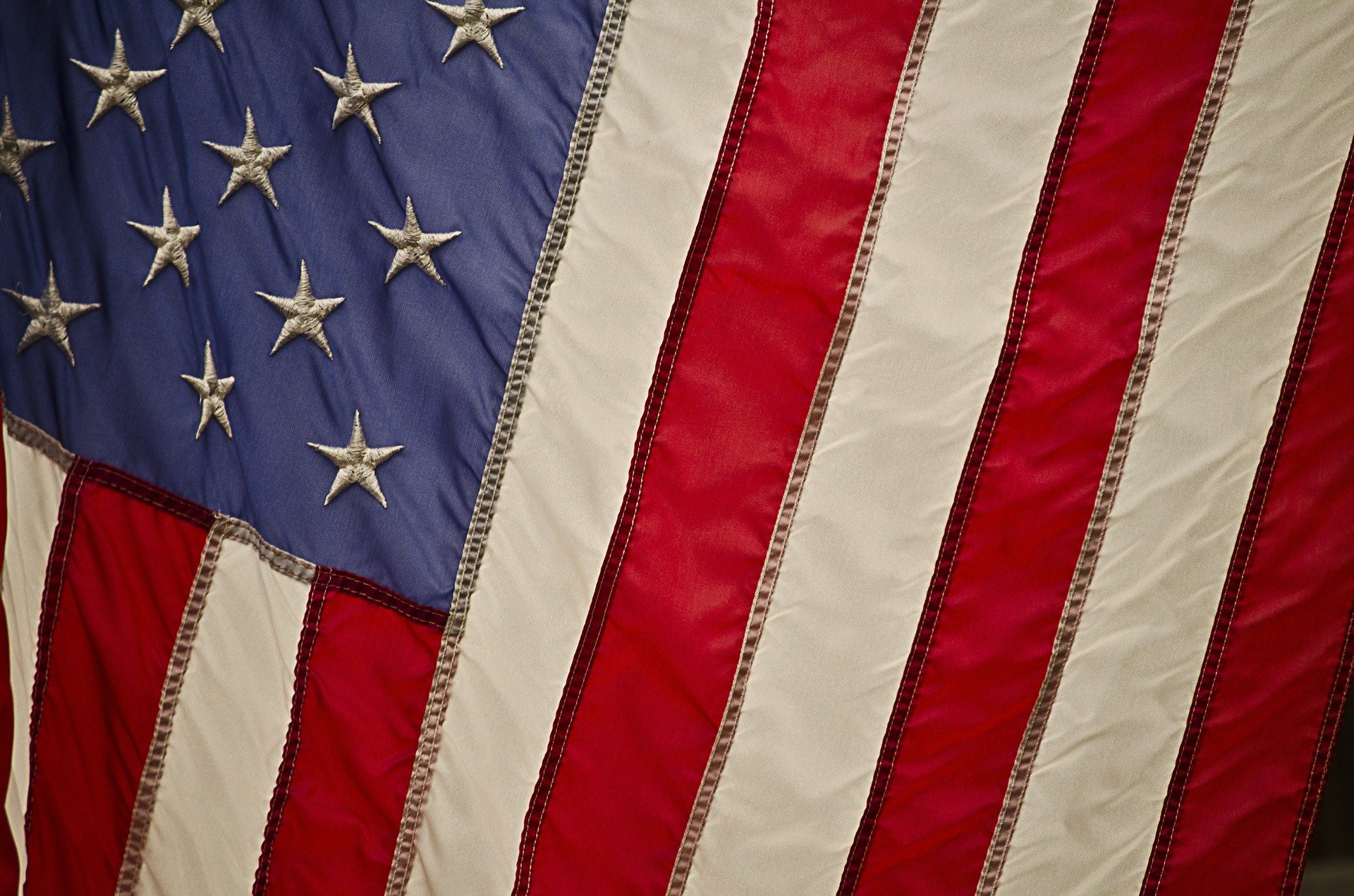The candidates in Alaska’s U.S. Senate race recently conflicted on issues of health care and the Supreme Court. This occurred on a high-profile debate less than two weeks before the November 3rd election. They also attacked each other’s integrity, too.
Candidates on Different Sides Regarding the Nomination of Amy Coney Barrett
Republican U.S. Senator Dan Sullivan and Democratic-supported independent Al Gross were on the Anchorage debate stage. Sullivan, who appeared on a monitor beside Gross, participated from Washington, D.C. This is where the Senate is getting ready to vote on President Donald Trump’s nomination of Amy Coney Barrett to the U.S. Supreme Court.
Proud to support Barrett, Sullivan supported moving forward with her nomination. It was made in late September. He said there is a pattern for the Senate to support an election-year nominee from the president of the same party.
Sullivan Refused to Advance Merrick Garland
Made months before that year’s presidential election, in 2016, Sullivan aligned with fellow Republicans in refusing to advance then-President Barack Obama’s nomination of Merrick Garland to the court. At the time, he said it was a matter of principle. In regard to the U.S., “in the midst of an important national election.
Therefore, Sullivan at the time said it was a matter of principle, with the U.S. “in the midst of an important national election.”
Al Gross said he questioned a lack of integrity in Sullivan’s response. Gross is against Barrett’s nomination. Moreover, he cites concerns about how she would rule on issues. As a result, this would relate to abortion and the Affordable Care Act, which was the health care law passing under Obama. Gross who is an orthopedic surgeon supports abortion rights.
Candidates Mudslinging: Sullivan Vs. Gross
Sullivan said Gross has “no credibility” on health care issues. Therefore, he accuses Gross of getting rich off Alaskans as a health care provider.
Gross Fires Back at Sullivan with his Health Care Advocacy
In 2013, Gross said he left his full-time practice. Then he got increasingly involved in health care advocacy. He said he was charging the same or even less than his peers during the debate. The costs in Alaska for specialists and hospitals is lighter than in the Lower 48. Therefore, he said he wants to find ways to work on addressing issues providing a public option for individuals and small businesses on the health insurance exchange.




